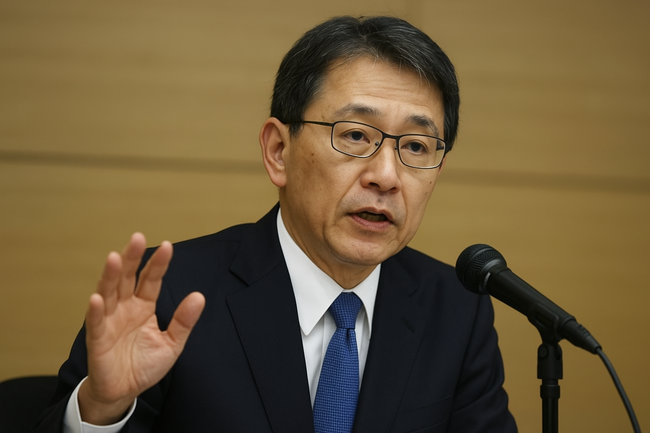Escrow governance refers to the management of funds held in escrow within blockchain transactions. In such agreements, a third party temporarily holds assets until certain conditions are met, ensuring both parties fulfill their obligations before the assets are released.This governance model is essential for establishing trust in peer-to-peer transactions. Smart contracts often automate the escrow process, with predefined conditions coded into the blockchain. When these criteria are satisfied, the smart contract automatically releases the funds.An important aspect of escrow governance is transparency. All parties can track the transaction status without needing to rely on a centralized authority. This reduces the risk of fraud and increases accountability, making the entire process more secure.Additionally, community involvement can shape the governance protocols for escrow arrangements, allowing stakeholders to vote on rules and conditions. This democratic approach enhances trust and adaptability, catering to the needs of varying parties engaged in transactions.

BitMine Reports $13.4 Billion in Crypto and Cash Holdings
BitMine Immersion Technologies on Monday reported total holdings of $13.4 billion in cryptocurrency, cash, and equity stakes, reinforcing its position



